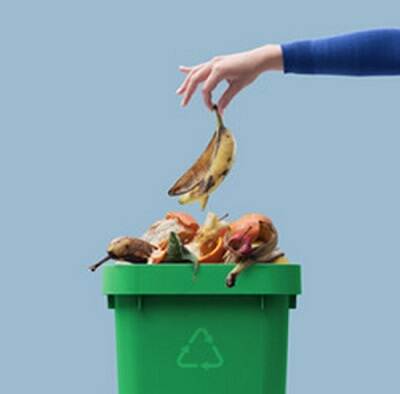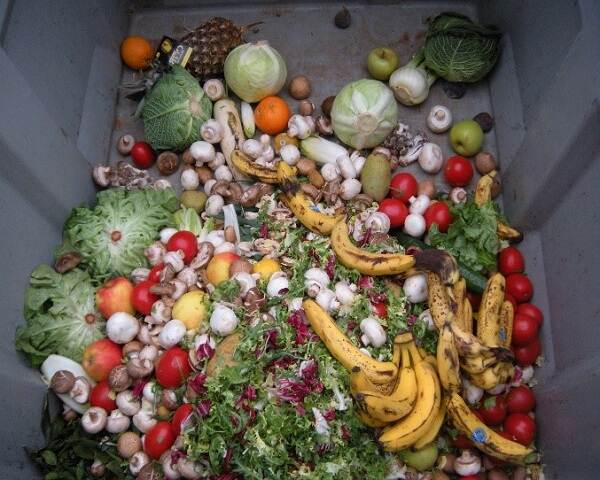Food waste is on Romania's agenda
Informing and educating consumers about food waste and its impact on the environment is increasingly of importance in Romania. Awareness campaigns and education programmes can help change consumer mindset and behaviour, facilitating the adoption of zero waste practices.

In Romania, 6,000 tonnes of food end up in landfills every day. This means that Romanians waste more than 2.2 million tonnes of food every year. The amount per capita is huge, equal to one meal a day, according to data compiled by the European Union and the United Nations.
In six cases out of ten, food that ends up in the bin comes from households, three out of ten cases from the Horeca industry and one out of ten from the retail sector.
Eurostat data puts Romania on the 9th place in Europe for food waste, too high a position especially in the context of 60% of rural families being considered as poor. However, 95% of all food waste in Romania comes from the cities.
Revised law on Food Waste
From March 21st 2024, amendments and additions to the law on reducing food waste came into force. The law foresees now that it is mandatory to take at least 2 measures to reduce food waste before companies can throw away food (previously it was just a recommendation). Also, the list of anti-food-waste measures which companies can choose from has been extended to the following:
- the sale at reduced prices of products nearing the expiry date;
- the (free of charge) transfer of food to receiving operators; the redistribution of food by transfer to other companies;
- the use and consumption of food products in animal feed - until their expiry date, in compliance with animal nutrition legislation;
- the channelling of animal origin products which have become unfit for human consumption to registered companies in view of their use as Category 3 material for the feeding of animals in shelters;
- the use of agri-food products which have become unfit for human/animal consumption for composting or for biogas production;
The free transfer of food from economic operators to receiving operators is being considered a deductible expense.
A number of obligations have also explicitly been imposed on public administration authorities and institutions.

National Strategy
The Ministry of the Environment, Water and Forests, the Ministry of Agriculture and Rural Development and the National Sanitary Veterinary and Food Safety Authority, in consultation with the National Authority for Consumer Protection, the Ministry of Health and the Ministry of Finance, have to draw up the National Strategy for the Prevention and Reduction of Food Waste, to be updated at least every 5 years.
The Strategy, due within one year from the law publication date, shall include the following aspects:
- overall planning of actions to be taken to prevent and reduce food waste;
- quantifiable targets for the next 5 years;
- actions to support and promote measures against food waste;
- appoint those responsible for achieving the objectives set out in the strategy;
- the financial resources required for the implementation of each specific measure.
The Strategy must be presented to the Romanian Parliament before its adoption.
New tasks for the Ministry of Agriculture
According to the revised law, the Ministry of Agriculture and Rural Development is to create a national platform for reporting food waste data by economic operators, functional by June 30, 2025. It must also publish relevant annual data on the progress made to prevent and reduce food waste, on its own website. The Ministry becomes also the coordinator for the development of information materials for economic operators and has to carry out information & awareness campaigns for the prevention and reduction of food waste, including on the social and environmental impacts of food waste.
With the recent legislation revision, the fight against food waste in Romania could get significant impetus, if timely and duly implemented by all parties involved, as it should be a joint action of authorities, the private sector and civil society as well.